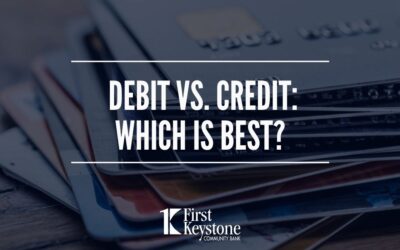Whether you’re trying to protect your personal information, avoid pushy telemarketers or streamline the process of borrowing money, there are plenty of good reasons to stop trigger leads being sold by the three major credit bureaus.
A trigger lead is a marketing product that is sold by the three major credit bureaus—Experian, TransUnion, and Equifax– to lenders who are looking for customers with certain specifications like loan types, zip codes, or FICO scores.
They are attractive to lenders because they can enhance their acquisition efforts by identifying creditworthy consumers who are actively shopping for credit. These consumers will fit their criteria and therefore respond better to their offer. Trigger leads can increase response rates, optimize cross-sell opportunities, reduce acquisition costs and boost marketing Return On Investment.
After consumers apply for a loan, the lender will pull their credit report, signaling the major credit bureaus that they’re shopping for credit. They’ll start receiving phone calls, letters, or emails when their information is sold to competing lenders that now have access to their information.
Trigger leads are legal under the Fair Credit Reporting Act (FCRA) and can provide a benefit to customers who want to compare prices on services. In addition, a trigger lead could prompt lenders to offer rates and terms to outbid rival offers. In fact, trigger leads are used by many legitimate companies to increase sales. Examples are mortgage companies, insurance companies, and car dealerships.
However, there is also the potential for abuse of trigger leads by disreputable companies that can misrepresent themselves to trick borrowers. With the slowdown in business that many companies are experiencing today, trigger leads are more prevalent than ever, along with illegitimate offers.
You may start receiving phone calls, emails, or letters with unsolicited offers from other companies that now have access to your data. In addition, trigger leads could expose borrowers to potential identity theft.
Consumers can prevent trigger leads, but the bottom line is that you have to be very careful when applying for a loan. Knowing who you’re dealing with and carefully researching lenders can help you protect yourself from disreputable offers.
Another option is to “Opt-Out” to prohibit your name from being used by major credit bureaus for sale to creditors or insurers. You can control access to your file for five years online, or permanently by mail, within 72 hours. Register at OptOutPrescreen.com.
Opting-Out will stop unwanted credit offers by mail; eliminate unwanted review of your credit file; and will provide you with an added level of assurance that your credit file will only be viewed by companies chosen by you or your lender.
There is also some effort by advocacy groups to ban trigger leads and provide greater protection for consumer information. However, those efforts have not yet succeeded, resulting in consumers having to protect themselves.
So, while trigger leads might help you get an even better offer on a mortgage or auto loan than the one you were considering, the reality is that these sales tools can make you more susceptible to fraud and deception as well. Take steps to protect yourself, and always do your homework before taking out a loan.
For tips on avoiding scams while shopping for a loan, follow us on Facebook or visit the Personal Loans page on our website at fkc.bank.




